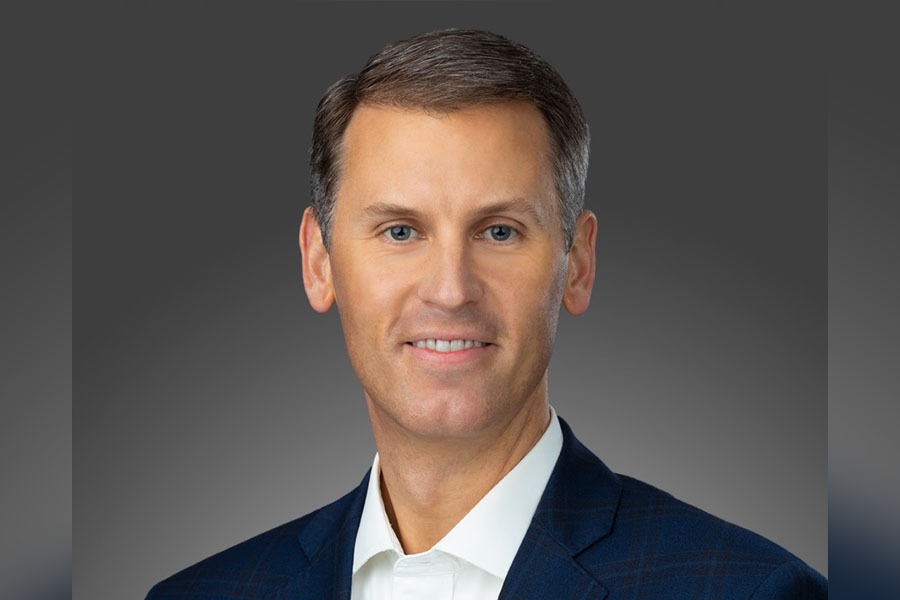What is your current role in health care?
“About five months ago, I joined ChenMed down in South Florida. I am a Vice President of Operations, and I have the specific responsibility of developing the operational talent of our organization.”
What stands out as a favorite memory during your time as an MHA student?
“There were a couple of us that were kind of the oldest in the program. I picked up the nickname of grandpa because I had four kids by the time I came into the program and I had some career experience before. The relationships that we created are really fantastic. It was also great to have the experience of walking through a lot of different healthcare facilities and talking to the CEOs of those facilities. That was really transformative for me and literally changed the course of my health care career based on what I learned there. I found what I loved and I found what I didn’t love. I also appreciate all the professors who leaned in personally and shaped our lives as students.”
How has the MHA Program helped prepare you for your career?
“So many of my classes had a profound impact on my career. One in particular was Dr. Christianson’s class on payers. I went straight out of the program to work for United Healthcare and Jon’s framing of how to think about Medicare and private insurance and their respective levers and value propositions, were critical for me as I stepped into that world. The way that all of our professors engaged with us was really meaningful. They helped make the content come alive, they weren’t just speaking from slides, they were speaking to us at the level that we were at.”
What challenges and opportunities will healthcare leaders encounter in the next 5-15 years? What skills will leaders need to be successful in light of these challenges and opportunities?
“I started in the MHA program more than 10 years ago, and at the time, we were talking about how within healthcare there was this recognition of the triple aim and how American healthcare was an outlier globally. There was a lot of discussion about value-based healthcare and how you tie payment in the healthcare systems to outcomes rather than volume. We have seen sprinkles of progress, but we are still stuck in the same place today. So I think one of the biggest challenges is to actually transform healthcare. How do we take this from a philosophical and academic discussion to driving real change?
I think students are going to need to have some dexterity and flexibility with their understanding of the healthcare system and think outside of the silos of the four walls of a hospital. And I’m not just talking about virtual health care, I’m saying we need to think differently about healthcare data analytics, the pharma industry, and the med device industry coming into play. How do you bring these players together in a way that is collaborative as opposed to destructive?”
If you could give one piece of advice to a current student, what would it be?
“Don’t shy away from doing hard work. I think a lot of times when we come out of the MHA program we want to jump into high levels of leadership and they sometimes may not always be readily available to us, and we get frustrated by that. But I think students should have patience and recognize that they can work hard, develop their skills, and look for opportunities that actually are going to force them out of their comfort zone. That’s how you develop and grow and prepare yourself for the leadership opportunities when the time is right.”
Why is your class the best class ever?
“My class was the best class ever because we had so much fun together as a program. There was a lot of camaraderie and support.”

